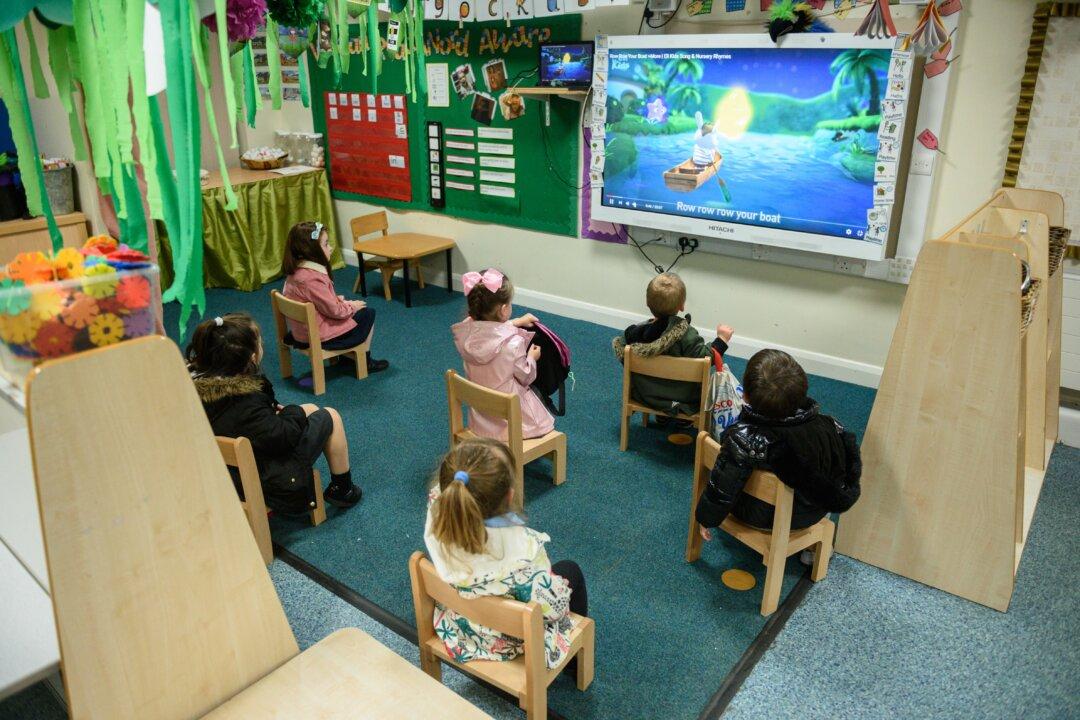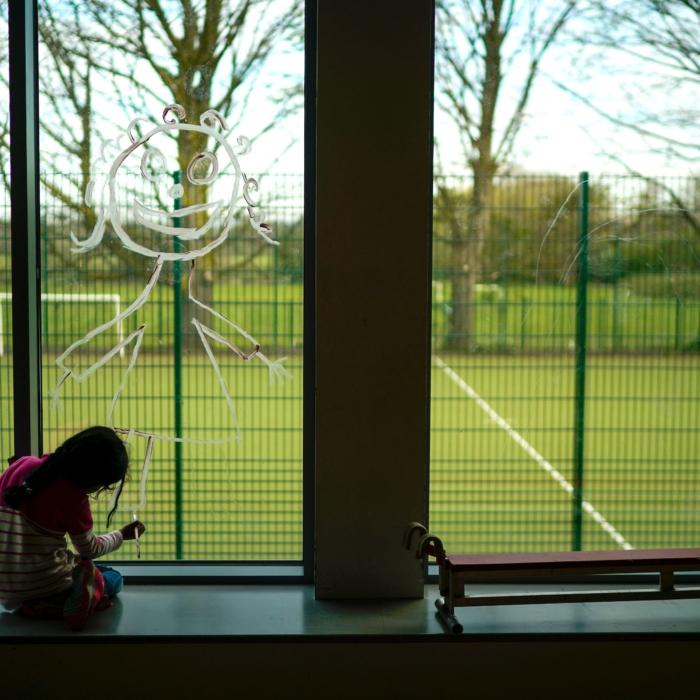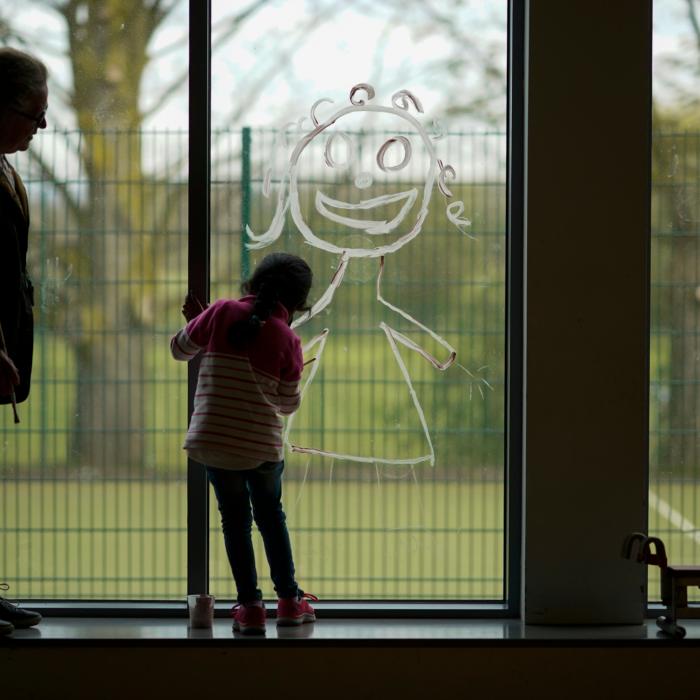Children are arriving at primary school still wearing nappies, using buggies and unable to communicate properly with their classmates, the former children’s commissioner for England has said.
Anne Longfield warned that many young children are not receiving the support needed to boost their “school readiness” in the report from her Centre for Young Lives think tank in conjunction with campaign group, Child of the North.
‘Not Considered School Ready’
Longfield’s report suggests that around a third of children were not considered “school ready” in 2022-2023, meaning that they were not properly toilet trained or able to talk and express themselves as expected for their age.Her research examined Early Years Foundation Stage data on five-year-olds’ development in England, with the report warning of a “crisis” in preschool provision and calling on the government to offer more support to struggling families through the introduction of “positive parenting programmes” and home visits from professionals.
The report recommends improved training for professionals, and an increase in home visits to first time, low-income mothers, together with more “information sharing” between the various agencies working with families and young children.
Longfield, who is now executive chair of the Centre for Young Lives, wrote: “I have heard many concerning experiences from school staff about children arriving at Reception wearing nappies, still using buggies, and unable to communicate at the expected level or to socialise with other children.
“Some of these children have developmental problems, struggle with speech and behaviour, and can require significant extra attention and support from already overstretched schools.”
The report warned that a “widened” language gap between children from more and less advantaged communities since the COVID-19 era could lead to an even greater attainment gap over time between those born into more and less affluent families.
Schools and nurseries have “high levels of concern” around speech and language, with significant numbers of children below age-related expectations at the end of Reception year, it said.
The research suggested that 72 percent of pupils who were not eligible for free school meals were “school ready” in 2022-2023, compared to just 52 percent of those children who were eligible for them.
It also found wide regional variation, with just 59 percent of children in Manchester considered “school ready” compared to 84 percent in London.
More Free Childcare
At last week’s Labour Party Conference, Education Secretary Bridget Phillipson said that early years provision was her “first priority” as she announced that extra childcare places in school-based nurseries will be available from next year to help deliver the expansion of government-funded childcare.Working parents of children and babies older than nine months in England are now able to access 15 hours of state-funded childcare, before the full roll-out of 30 hours a week to all eligible families in September 2025.
The think tank’s report does not explore the differences in “school readiness” of children who are placed in pre-school nurseries or other childcare and those who are cared for at home within their own family.
Longfield praised Labour’s childcare rollout, saying: “The Government’s commitment to 300 new state nurseries is an opportunity for schools and communities in disadvantaged areas to tackle these problems head on by establishing new early years support to boost children’s development and tackle poverty by providing childcare support to help parents work.
“None of these problems will fix themselves. Our preschool system is disjointed, is struggling with a recruitment and retention crisis, and has been historically underfunded.”
“Urgent action is required to provide support, so every child can listen, talk, and engage with others—skills essential for thriving in the classroom, learning to read, making friends, and succeeding in school.
Sure Start Dismantling
The report points to multiple factors besides the response to COVID, and is particularly critical of the dismantling of the Sure Start programme during the previous, Conservative administration, adding that the country has “gone backwards” in terms of supporting disadvantaged children because of austerity measures.“The dismantling of Sure Start was an enormous mistake, and Family Hubs have not been given the resources to replace them. The result is that too many children are now entering school with a raft of problems which nobody has spotted early. This is placing extra burdens on families, schools, and public services—including the NHS. We need better sharing of information to connect public services, so we can speed up interventions that work and eventually improve the life chances of thousands of children,” it states.
A government source told the Press Association: “This Labour government is focused on fixing the foundations and rebuilding Britain, beginning the work of rolling out school-based nurseries, implementing early speech and language interventions, and driving forward the child poverty taskforce.”







